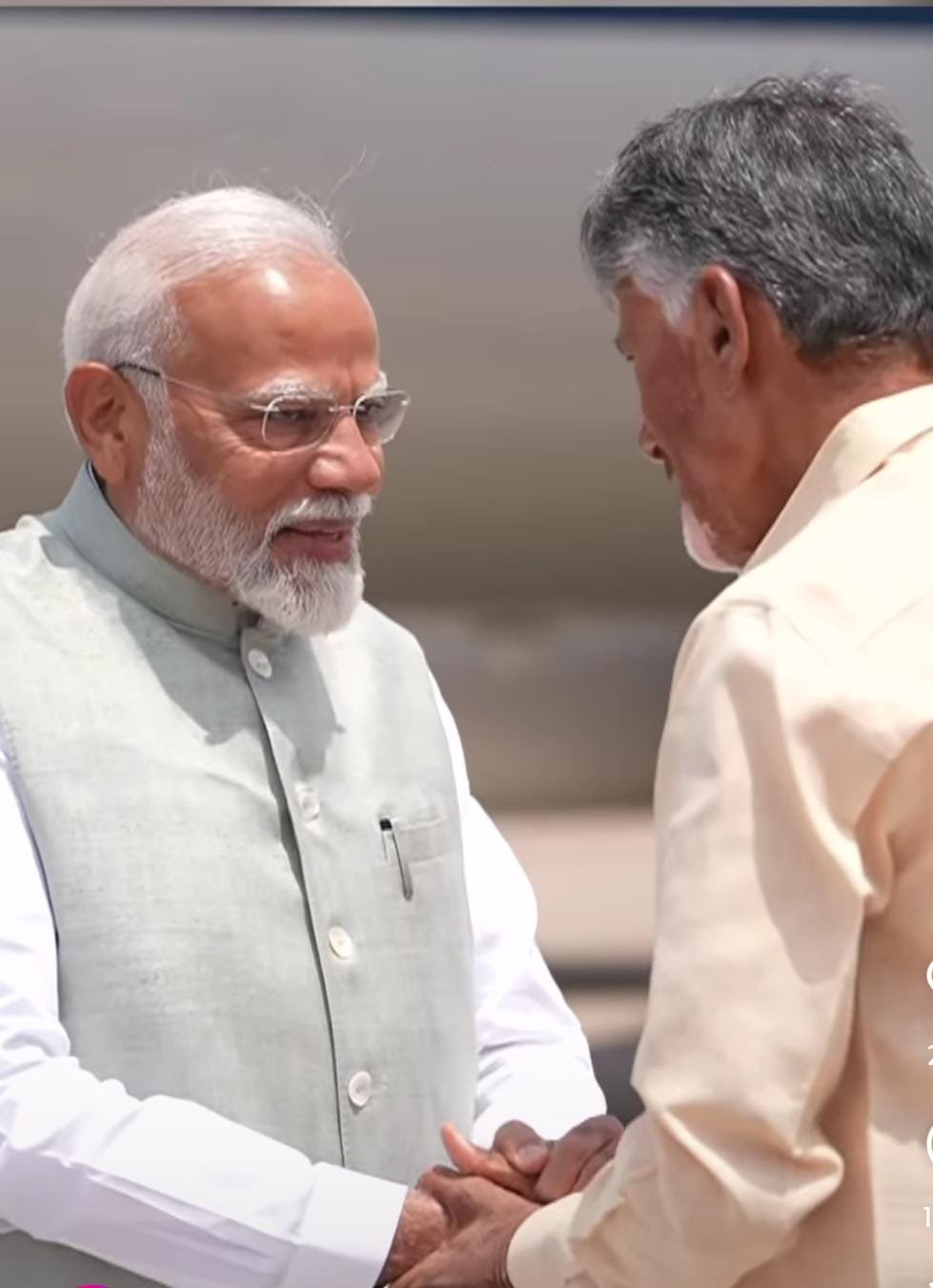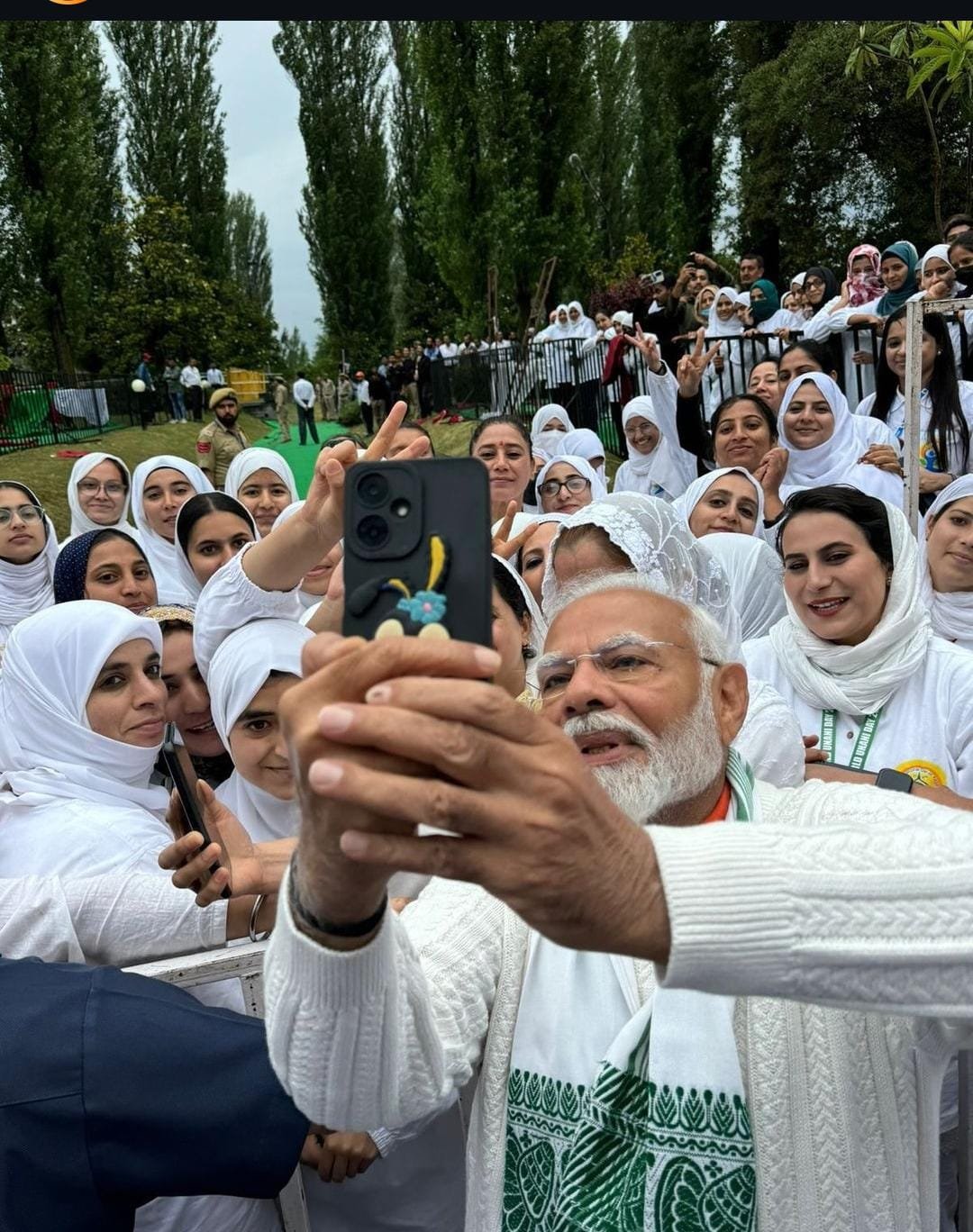BJP’s Push for Women Leaders in Politics

BJP’s Push for Women Leaders in Politics
Introduction
India, the world’s largest democracy, has made significant strides in various domains since its independence. However, one area where progress has been slow is the representation of women in political leadership. The recent call by Prime Minister Narendra Modi, during the Bharatiya Janata Party’s (BJP) membership drive, to recruit more women as future leaders marks a pivotal moment in the country’s political landscape. This move aligns with the upcoming implementation of the 33% reservation for women in the Lok Sabha and State Assemblies, as envisioned in the Constitution (106th) Amendment Act, 2023. In this article, we will explore the significance of this initiative, the historical context of women’s political participation in India, the BJP’s strategies to empower women, and the potential impact on India’s political future.
Historical Context of Women’s Political Representation in India
Since India’s independence in 1947, the country has witnessed a slow yet steady increase in the participation of women in politics. Despite the country’s proud heritage of women leaders like Indira Gandhi, who served as the first female Prime Minister of India, the representation of women in elected offices has remained disproportionately low. The percentage of women in the Lok Sabha has hovered around 10-14% for decades, and their representation in State Assemblies has been even lower.
The demand for a reservation for women in legislative bodies has been a long-standing issue. The Women’s Reservation Bill, first introduced in the Parliament in 1996, aimed to reserve one-third of all seats in the Lok Sabha and State Assemblies for women. However, due to political opposition and lack of consensus, the bill languished in the corridors of power for over two decades. It was only in 2023, under the leadership of Prime Minister Modi, that the bill was passed as the Constitution (106th) Amendment Act, ensuring 33% reservation for women in the Lok Sabha and State Assemblies.

The BJP’s Commitment to Women’s Leadership
Prime Minister Modi’s recent call for increasing women’s participation in the BJP is not just a political strategy but also a commitment to gender equality and empowerment. The BJP’s membership drive, which began on September 2, 2024, serves as a platform to recruit new members while renewing the memberships of existing ones. This drive is particularly significant as it coincides with the era during which the women’s reservation is set to be implemented.
The Prime Minister’s appeal to BJP members to focus on recruiting women, youth, and individuals from regions where the party has traditionally been weak is a strategic move to broaden the party’s base. By actively seeking out women leaders, the BJP is not only preparing for the upcoming elections but also laying the groundwork for a more inclusive political future. This initiative is expected to have far-reaching implications, as it aligns with the broader national objective of increasing women’s representation in governance.
Strategies for Building Capacity for Women’s Leadership
The BJP’s strategy to build capacity for women’s leadership involves a multifaceted approach. This includes targeted recruitment, training, and mentorship programs designed to equip women with the skills and knowledge necessary to succeed in political roles. The party’s leadership has emphasized that this membership drive is not merely a numbers game but an ideological and emotional movement aimed at expanding the party’s family and fostering a culture of inclusivity and internal democracy.
- Targeted Recruitment: The BJP aims to identify and recruit women leaders from diverse backgrounds, including those from marginalized communities, border villages, and areas where the party has had limited influence. By doing so, the party seeks to create a more representative leadership that reflects the diversity of India’s population.
- Training and Development: To ensure that women leaders are well-prepared for their roles, the BJP plans to implement comprehensive training programs. These programs will cover a range of topics, including governance, public policy, political communication, and leadership skills. The goal is to empower women to take on leadership roles confidently and effectively.
- Mentorship and Support Networks: The BJP recognizes the importance of mentorship in nurturing future leaders. Senior women leaders within the party will be encouraged to mentor younger women, providing guidance, support, and sharing their experiences. Additionally, the party plans to establish support networks that offer resources and assistance to women leaders at various stages of their political careers.
Impact of Women’s Reservation on Indian Politics
The implementation of the 33% reservation for women in the Lok Sabha and State Assemblies is expected to have a profound impact on Indian politics. This policy, once fully realized, will likely lead to a significant increase in the number of women in legislative bodies, thereby altering the dynamics of governance and policymaking in the country.
- Increased Representation: The most immediate impact of the reservation will be the increased presence of women in legislative bodies. This will not only provide women with a greater voice in policymaking but also help address issues that disproportionately affect women, such as healthcare, education, and gender-based violence.
- Policy Shifts: With more women in positions of power, there is a potential for a shift in policy priorities. Women leaders are likely to advocate for policies that promote gender equality, social justice, and economic empowerment. This could lead to more inclusive and equitable governance.
- Challenges and Resistance: While the reservation is a positive step towards gender equality, it is not without challenges. Resistance from male-dominated political structures, societal norms, and cultural biases could hinder the full realization of this policy. It will require continuous efforts from both the government and civil society to overcome these obstacles.
- Long-term Societal Impact: The increased visibility of women in leadership roles will have a long-term impact on societal attitudes towards gender roles. As more women assume leadership positions, it is likely to challenge traditional gender norms and inspire future generations of women to pursue careers in politics and public service.
The BJP’s Internal Democracy and Organizational Strength
Prime Minister Modi’s emphasis on the BJP’s tradition of internal democracy and organizational strength is a crucial aspect of the party’s strategy. The BJP has prided itself on being a party that operates within democratic practices, with a strong organizational structure that supports its electoral success. The membership drive is seen as an opportunity to reinforce these values and ensure that the party remains rooted in its ideological principles.
- Internal Democracy: The BJP’s commitment to internal democracy is reflected in its regular membership drives, election of party leaders, and decision-making processes. This tradition has allowed the party to remain dynamic, adaptable, and responsive to the needs of its members and the broader electorate.
- Organizational Structure: The BJP’s robust organizational structure, which includes various levels of leadership, from the grassroots to the national level, is key to its success. The party’s ability to mobilize its members and resources effectively has been a significant factor in its electoral victories.
- Building a Stronghold in Border Villages: One of the unique aspects of the current membership drive is the focus on making border villages a stronghold of the BJP. This strategy is not only aimed at expanding the party’s geographical reach but also at addressing the specific needs and concerns of these communities, which often feel marginalized and neglected.
Conclusion
The BJP’s renewed focus on recruiting women members and building capacity for women’s leadership is a significant step towards creating a more inclusive and representative political landscape in India. With the implementation of the 33% reservation for women in the Lok Sabha and State Assemblies on the horizon, the party’s efforts are timely and necessary. By empowering women and ensuring their active participation in politics, the BJP is not only strengthening its own organization but also contributing to the broader goal of gender equality in Indian society.
As the membership drive progresses, it will be essential to monitor the outcomes and assess the impact of these initiatives on the party’s composition and electoral prospects. If successful, this drive could serve as a model for other political parties in India and beyond, demonstrating the importance of inclusivity and diversity in building a vibrant and effective democracy.
In the long run, the increased representation of women in legislative bodies is expected to bring about significant changes in governance, policymaking, and societal attitudes towards gender roles. The BJP’s commitment to this cause, coupled with its strong organizational framework, positions the party to lead this transformation and set a new standard for political participation in India.





